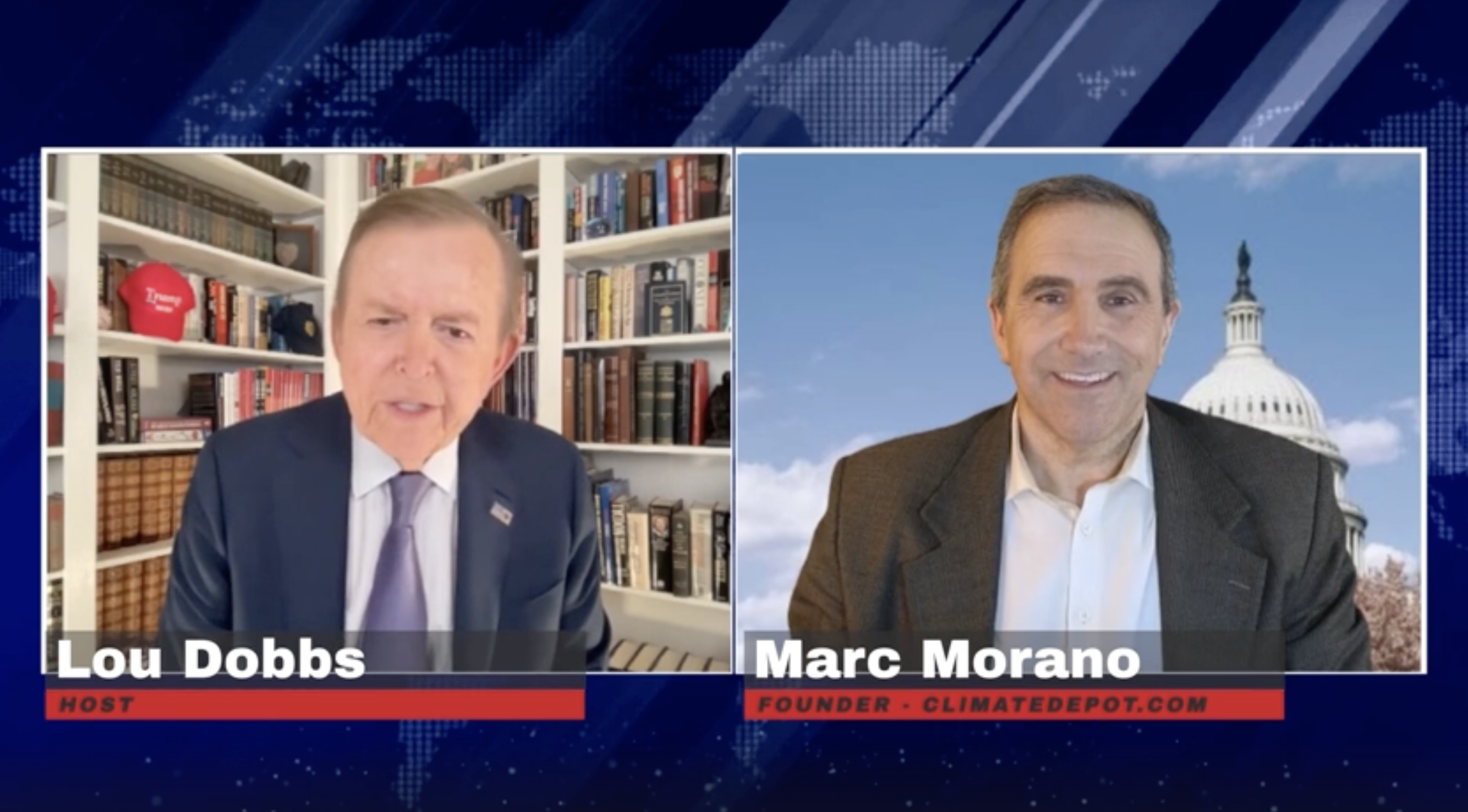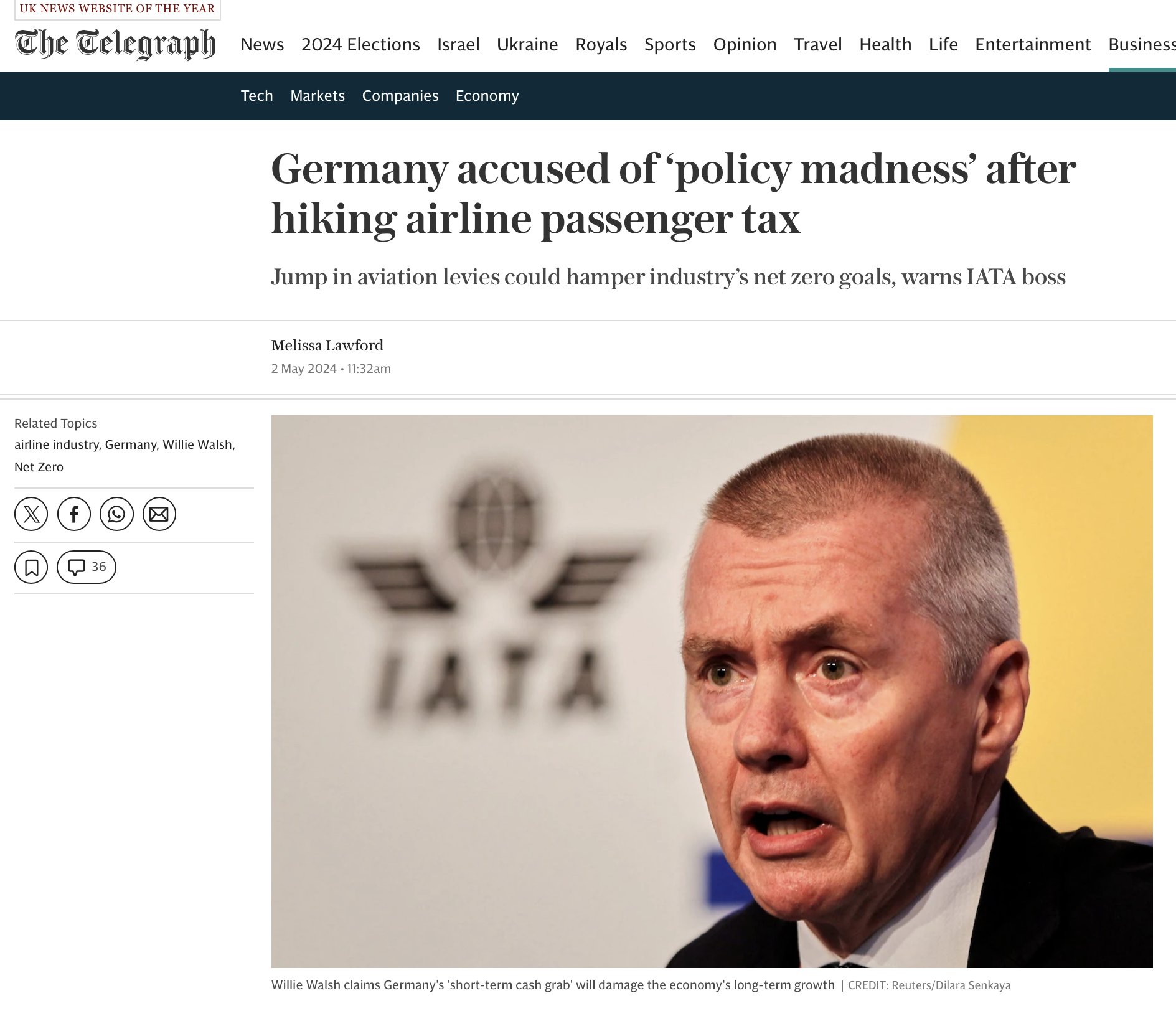On the United Nations’ official website for this month’s COP28 climate conference in Dubai, about four hours by plane from Gaza, the countdown is underway. At about the time this column was published, the official UN wait time for the opening of COP28 would have been 28 days, 12 hours, 39 minutes and 12 seconds. That’s not much time to overcome the current collapsing state of climate policy around the world.
On Monday in Dubai, the head of the COP28 event — United Arab Emirates Industry Minister Sultan Ahmed Al Jaber — called for international co-operation and compromise in the face of growing political and economic divisions over the UN plan to phase out the burning of coal, oil and natural gas.
Al Jaber’s concerns were echoed with stronger language of doubt from the European Union’s Climate Action Commissioner. Wopke Hoekstra said the only real item on the COP28 agenda is to reach a consensus on phasing out fossil fuels. Given the “geopolitically very troubling times,” it has never been harder to reach an agreement, he said.
Any review of developments over the past weeks points to a declining national and international climate policy environment that could lead to some kind of breakup. Such a prediction could be wrong, of course, but consider the following evidence from all over. In the G7 alone, the political climate in four member nations — Canada, the United States, Germany and the United Kingdom — is uncertain and filled with conflict over climate policy.





